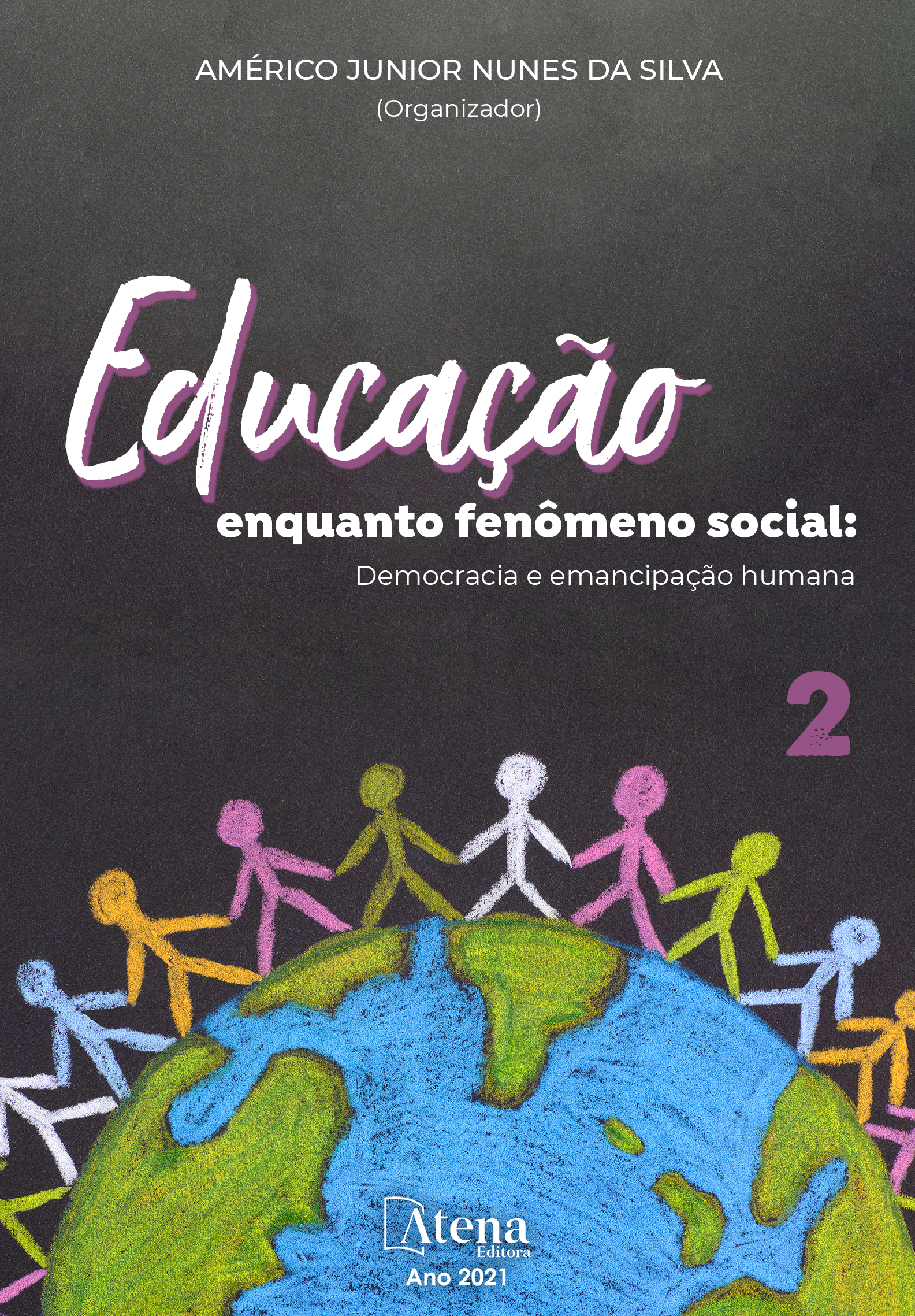
A LINGUAGEM DA MATEMÁTICA E SEUS REFLEXOS NA APRENDIZAGEM DE ALUNOS DA NOVA EDUCAÇÃO DE JOVENS E ADULTOS (NEJA) NO ENSINO MÉDIO
No Brasil, no que se refere ao campo curricular da Educação Básica, em especial, para o Ensino Médio, os Parâmetros Curriculares Nacionais (PCNEM) e as Diretrizes Curriculares Nacionais (DCNEM) incidem nos principais documentos oficiais que subsidiam e norteiam as práticas escolares, os quais expressam as orientações das propostas formuladas pelo campo oficial, no sentido de auxiliar na divulgação e na difusão da política educacional produzida para atender à nação, tendo como base, práticas, concepções, valores e intenções dos diversos atores que compõem o âmbito escolar nos seus múltiplos espaços. Mediante dados de pesquisas realizadas, contata-se que o ensino e aprendizagem da disciplina Matemática na Educação Básica vem se constituindo em grande desafio para educadores, gestores e políticos em geral. Dentro desse panorama educacional, destaca-se a Nova Educação de Jovens e Adultos (NEJA), modalidade de ensino que ainda sofre influência das políticas estaduais, ou seja, sistemas estaduais de ensino, à medida que se refere a uma proposta atualizada do Governo do Estado do Rio de Janeiro, que vem sofrendo constantes alterações na carga horária e no tempo de conclusão do curso. Refletindo acerca dessa modalidade de educação, este estudo parte do seguinte problema de pesquisa: quais são os reflexos da linguagem matemática nos processos de ensino e de aprendizagem dos alunos do Ensino Médio da NEJA, matriculados em uma escola pública do município de Campos dos Goytacazes/RJ? A hipótese inicial seria de que o ensino da Matemática é desenvolvido como uma disciplina comum, sem a devida atenção para a sua complexidade e a defasagem escolar supostamente existente. A partir de tal conjectura, a pesquisa angaria justificação pela importância de se compreender as limitações dos alunos e de propostas curriculares para o aprendizado da matemática no contexto das turmas de Ensino Médio da NEJA.
A LINGUAGEM DA MATEMÁTICA E SEUS REFLEXOS NA APRENDIZAGEM DE ALUNOS DA NOVA EDUCAÇÃO DE JOVENS E ADULTOS (NEJA) NO ENSINO MÉDIO
-
DOI: 10.22533/at.ed.53621161121
-
Palavras-chave: Nova Educação de Jovens e Adultos (NEJA); Linguagem Matemática; Operações Básicas.
-
Keywords: : New Education for Youth and Adults (NEJA); Mathematical Language; Basic Operations
-
Abstract:
In Brazil, with regard to the curricular field of Basic Education, especially for High School, the National Curriculum Parameters (PCNEM) and the National Curriculum Guidelines (DCNEM) focus on the main official documents that subsidize and guide school practices, which express the guidelines of the proposals formulated by the official field, in order to assist in the dissemination and dissemination of the educational policy produced to serve the nation, based on practices, conceptions, values and intentions of the various actors that make up the school environment in the its multiple spaces. Based on survey data, it is possible to find out that the teaching and learning of Mathematics in Basic Education has been a great challenge for educators, managers and politicians in general. Within this educational panorama, the New Education for Youth and Adults (NEJA) stands out, a modality of education that is still influenced by state policies, that is, state education systems, as it refers to an updated proposal by the Government of State of Rio de Janeiro, which has been undergoing constant changes in the workload and time of completion of the course. Reflecting on this type of education, this study starts from the following research problem: what are the reflexes of mathematical language in the teaching and learning processes of NEJA high school students, enrolled in a public school in the city of Campos dos Goytacazes/ RJ? The initial hypothesis would be that the teaching of Mathematics is developed as a common discipline, without due attention to its complexity and the supposedly existing school gap. Based on this conjecture, the research gathers justification for the importance of understanding the limitations of students and curricular proposals for learning mathematics in the context of high school classes at NEJA.
-
Número de páginas: 15
- Almy Junior Cordeiro de Carvalho
- Shirlena Campos de Souza Amaral
- Gabriela do Rosario Silva
- ELAINE ESTANECK RANGEL DOS SANTOS


